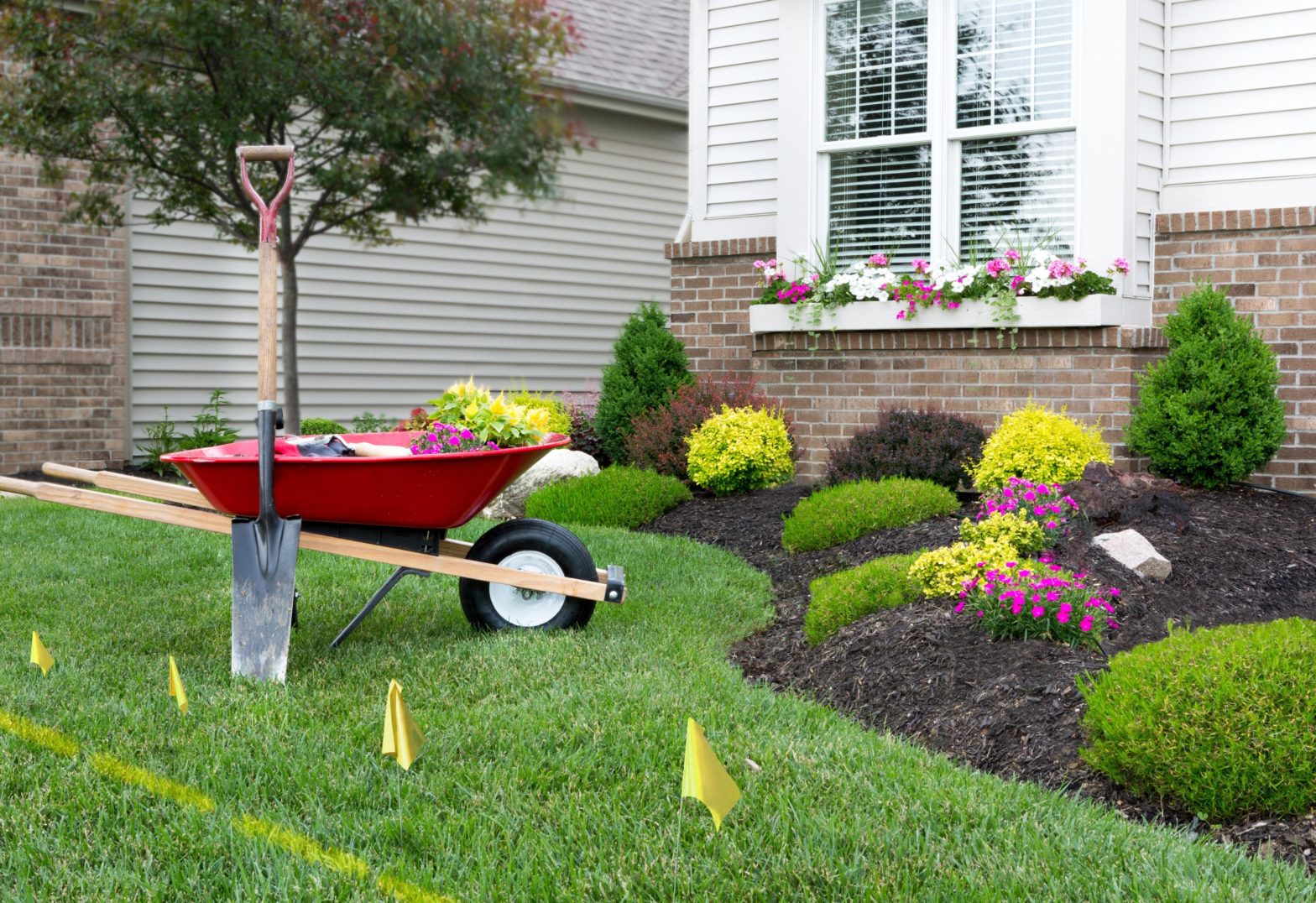![Only once all lines have been accurately marked, roll up those sleeves and carefully dig around the marked areas. [Special to the Press Gazette]](http://127.0.0.1/wordpress/wp-content/uploads/2022/01/ghows-DA-6a0c085b-7c45-1ae2-e053-0100007f3572-8395e2fd-scaled.jpeg)
SAFETY
Call 811 before digging this spring
Installing a mailbox or fence, building a deck and landscaping are examples of digging projects that should only begin after making a call to 811.
Here’s how it works:
-
One free phone call to 811 makes it easy for your local one-call center to notify all appropriate utility companies of your intent to dig. Call a few days prior to digging.
-
When you call 811, a representative from your local one-call center will ask for the location and description of your digging project.
-
Your local one-call center will notify affected utility companies, which will then send professional locators to the proposed dig site to mark the approximate location of your lines.
-
Only once all lines have been accurately marked, roll up those sleeves and carefully dig around the marked areas.
For information about 811 or the one-call utility notification center in your area, visit www.call811.com.
GARDENING
What do you need in your wildlife garden?
The National Wildlife Federation’s Garden for Wildlife program says the following ingredients are necessary for a wildlife garden.
"Creating a wildlife garden reverses some of the human-caused habitat destruction that is hurting wildlife," according to the group’s website. And, "it’s easier than you might think." A wildlife garden needs:
-
Food: Make sure your garden includes native plants providing nectar, seeds, nuts, fruits, foliage and pollen that can be eaten by a variety of wildlife. You can also include feeders.
-
Water: All animals need water to survive. Some need it to bathe or to breed.
-
Cover: Wild animals seek shelter from the weather and predators.
-
Places to raise young: Animals need resources to reproduce.
-
Sustainable practices: How you manage your garden can affect the health of the soil, air, water and habitat.
TIP OF THE WEEK
Places to deep clean your house
Nothing beats the satisfaction of a deep clean. Here’s what to tackle, according to Clorox.com:
Grout: To remove mold and mildew, use a sponge and gallon bucket of water with 3/4 cup of bleach, and wipe down the tile and grout. Wait five minutes for disinfecting, then rinse.
Microwave: Microwave a cup of water, wait five minutes and the stubborn food residue will be easy to wipe off.
Dust: Tackle those places where dust likes to hide, including your walls, ceiling fans and vents.
Windows: Defeat window grime inside and out with hot, soapy water and wipe clean with a squeegee.
EFFICIENCY
How many miles per gallon does your home get?
Factoring in a home’s energy consumption costs could save home buyers tens of thousands of dollars over years of ownership. Like knowing how many miles per gallon your car gets, the Home Energy Rating Score, or HERS, is the industry standard for measuring a home’s energy efficiency.
"Knowing the HERS score of your home can be the difference between a European vacation every few years or a kiddie pool in the driveway," said CR Herro, a building scientist and vice president of environmental affairs for Meritage Homes.
More than 2 million homes in the U.S. are HERS rated for energy efficiency, generating energy savings of $268 million in 2016, according to RESNet, which created the score. More homes are being rated as builders increase participation in the program and post ratings for homes they build. To find a home’s HERS, participating builders and tips for improving your home’s energy efficiency, visit: http://www.hersindex.com/knowthescore/.
This article originally appeared on Santa Rosa Press Gazette: Home Help: Call 811 before digging this spring
